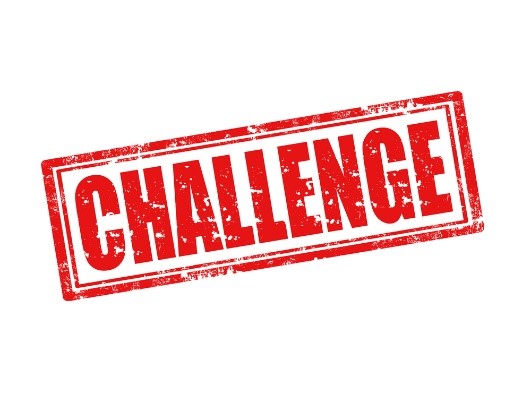 A perennial question in this internet age is, “Who exactly does qualify as the news media?”
A perennial question in this internet age is, “Who exactly does qualify as the news media?”
In the days when Gutenberg invented movable type, the number of printing presses could be counted on fingers and toes. Today, with the internet as every man or woman’s printing press, the number is infinite.
For access to normally public records, forums, and events, such as public meetings and court hearings, the news media and the public have about the same rights of access. But in more restricted places—such as the White House briefing room or a high-profile trial where a court must allocate some seats to the public and some to the news media—who qualifies as news media?
Network TV? Sure. Local TV? Of course. Daily newspapers? Yes. Radio news stations? Naturally.
But… how about blogs? The Drudge Report? Local Cable Access News? Breitbart? Info Wars? Things get less cut-and-dry.
I challenge anyone to create a definition that clearly distinguishes between news media and non-news media.
The First Amendment guarantees five freedoms: religion, speech, press, peaceful assembly, and petition government for grievances. Speech is easy (sort of); every one of us has freedom from overreaching government actions that chill our speech. Freedom of the press is not so easy.
Do you have to own a printing press? Do you need an FCC license? Do you have to print at least 10,000 copies of your newspaper every day? Can your publication be free and supported only by advertising revenue?
Does your news organization have to use editors who review the work of reporters? Does your reporting have to be dedicated to principles of accuracy and objectivity? Can your news organization be a mouthpiece for far left or far right ideals and still qualify for non-public access?
Can the President of the United States ban CNN from the White House press room because he believes they are against his administration or think they do a sloppy job of reporting?
The Digital Media Law Project at Harvard University has done a study titled, “Who Gets a Press Pass? Media Credentialing Practices in the United States.” Among its conclusions is that, “diverse standards imposed by federal, state, local, and private organizations have led to confusion over who should receive media credentials in different contexts, and raised questions about the definitions of journalism used by these organizations.”
Dear readers, here is your challenge: write a definition of news media that you would use to allocate limited news media seats in a criminal trial in your local courthouse. Email me. We’ll have a good discussion. Cheers!